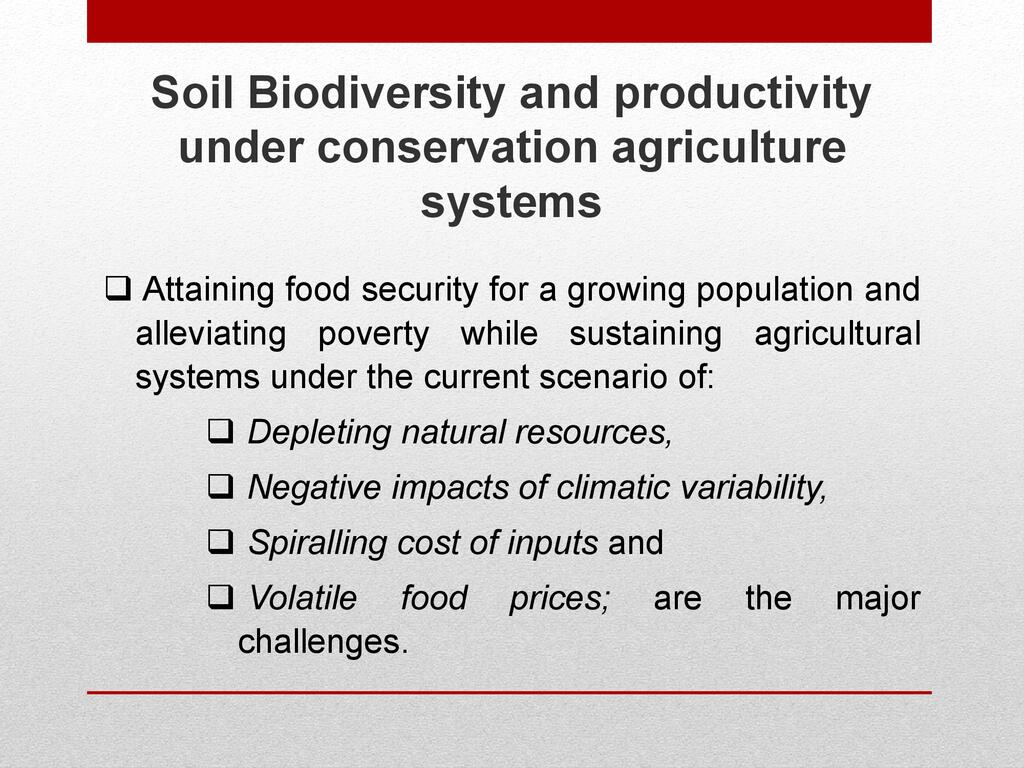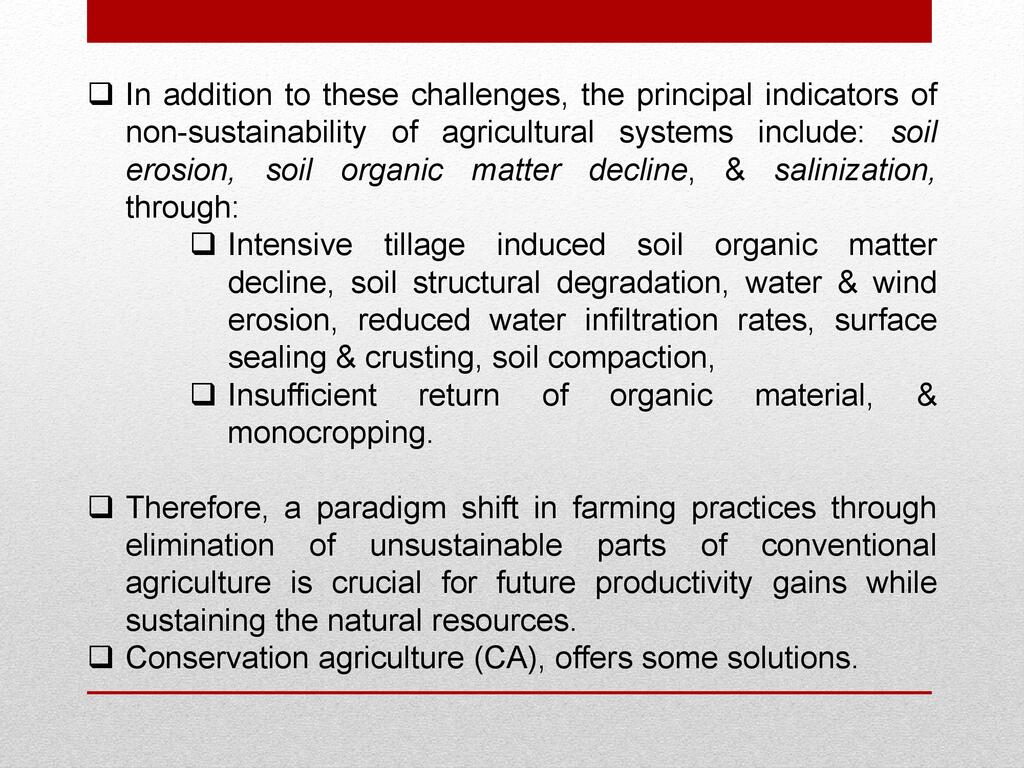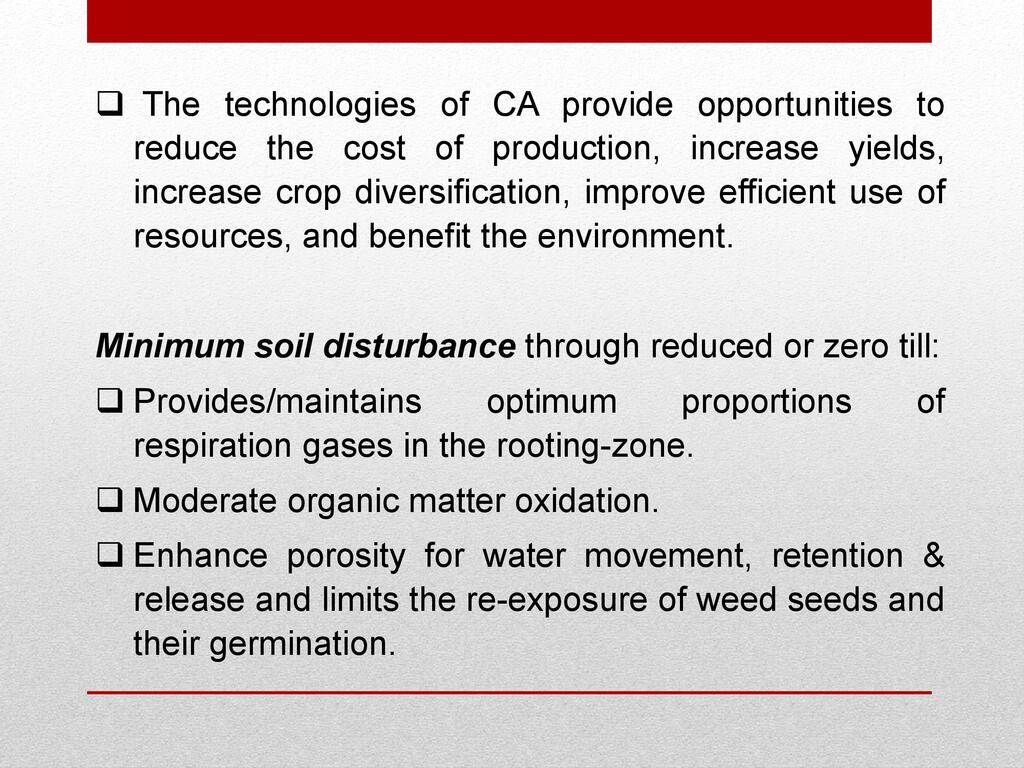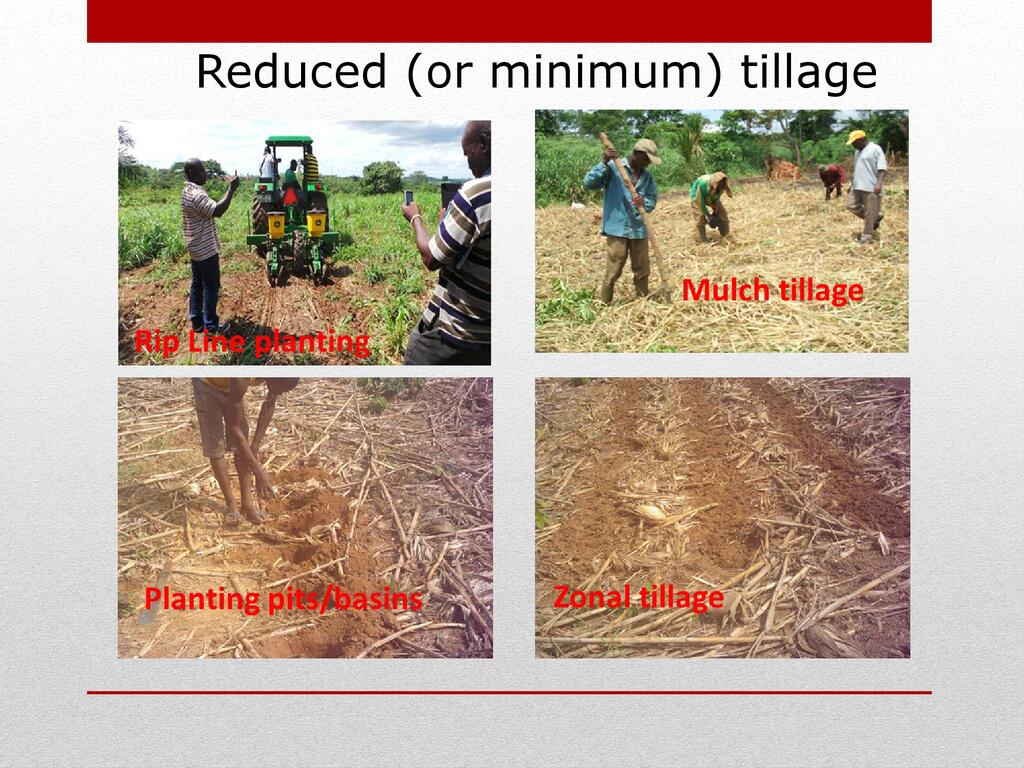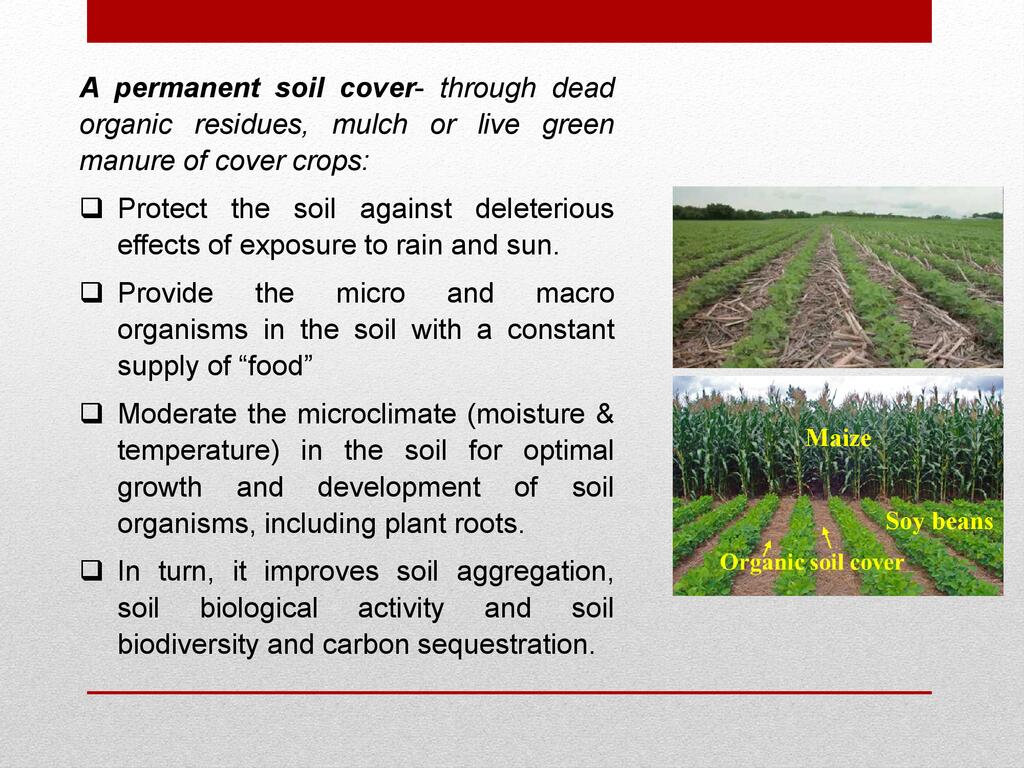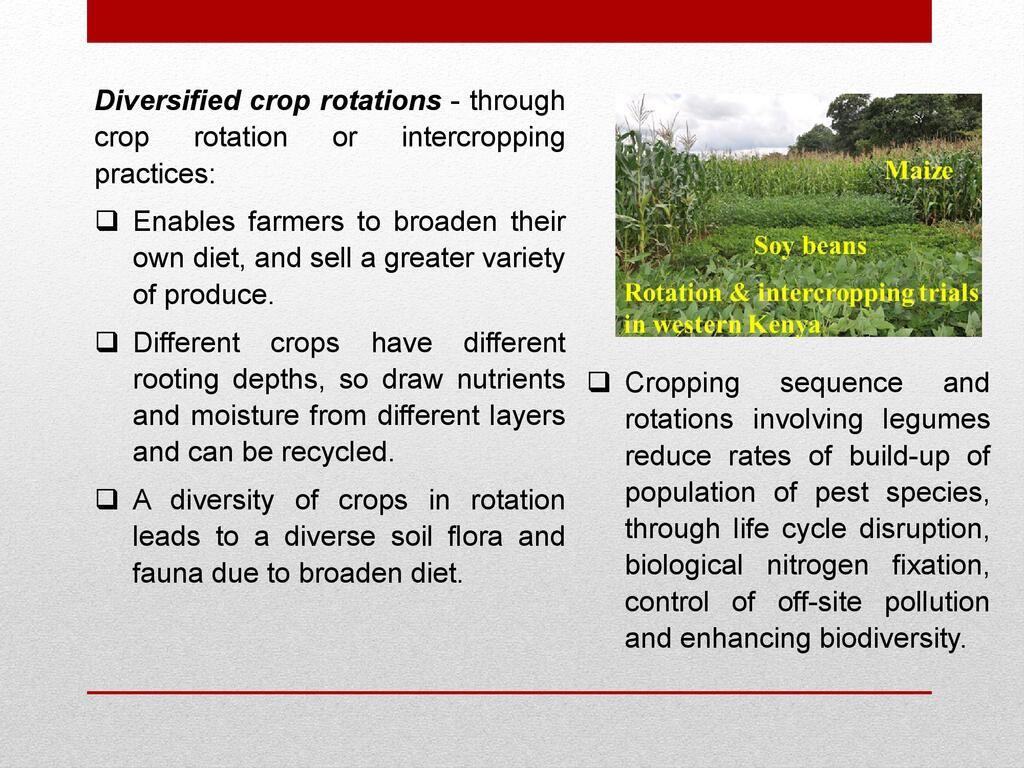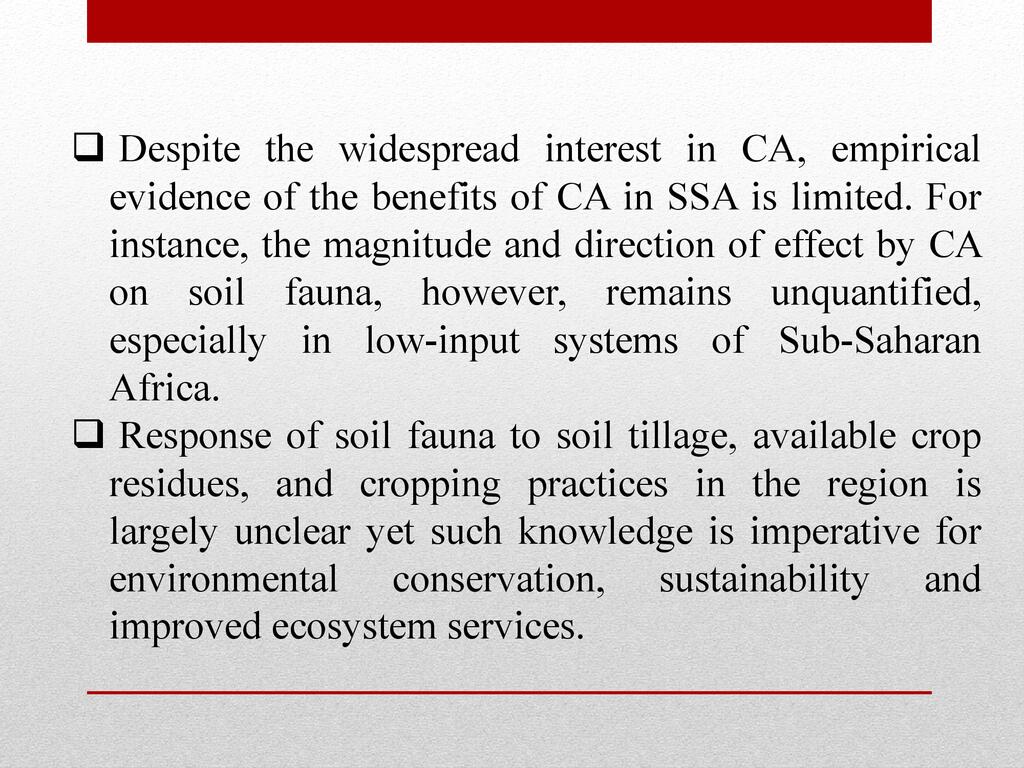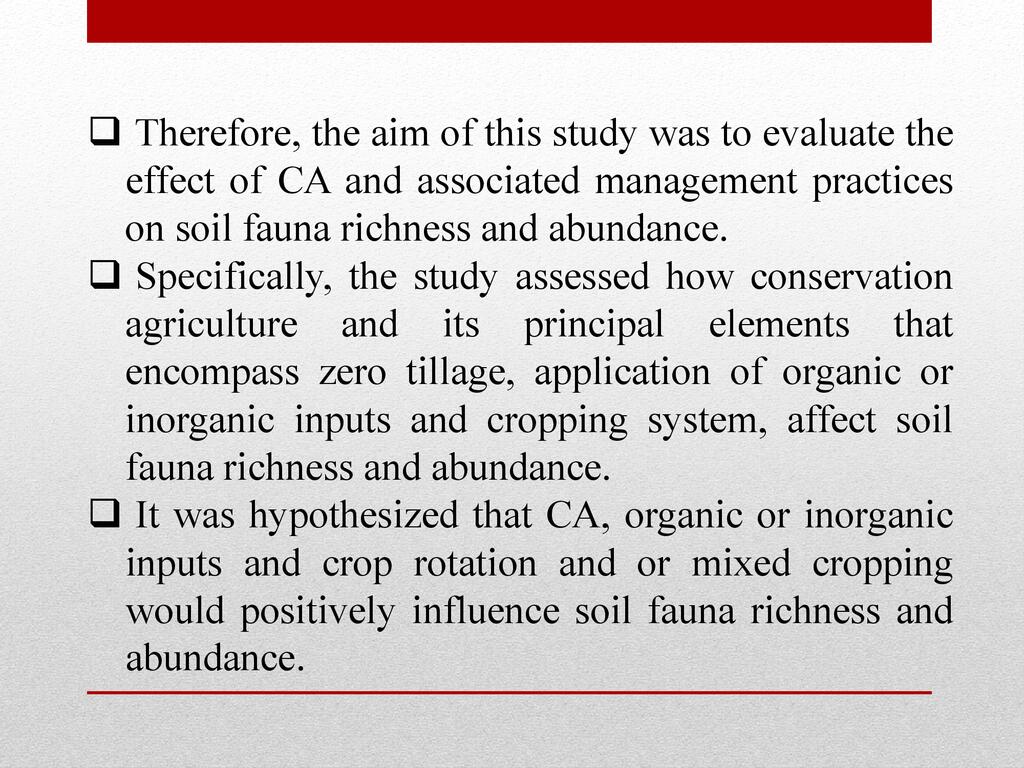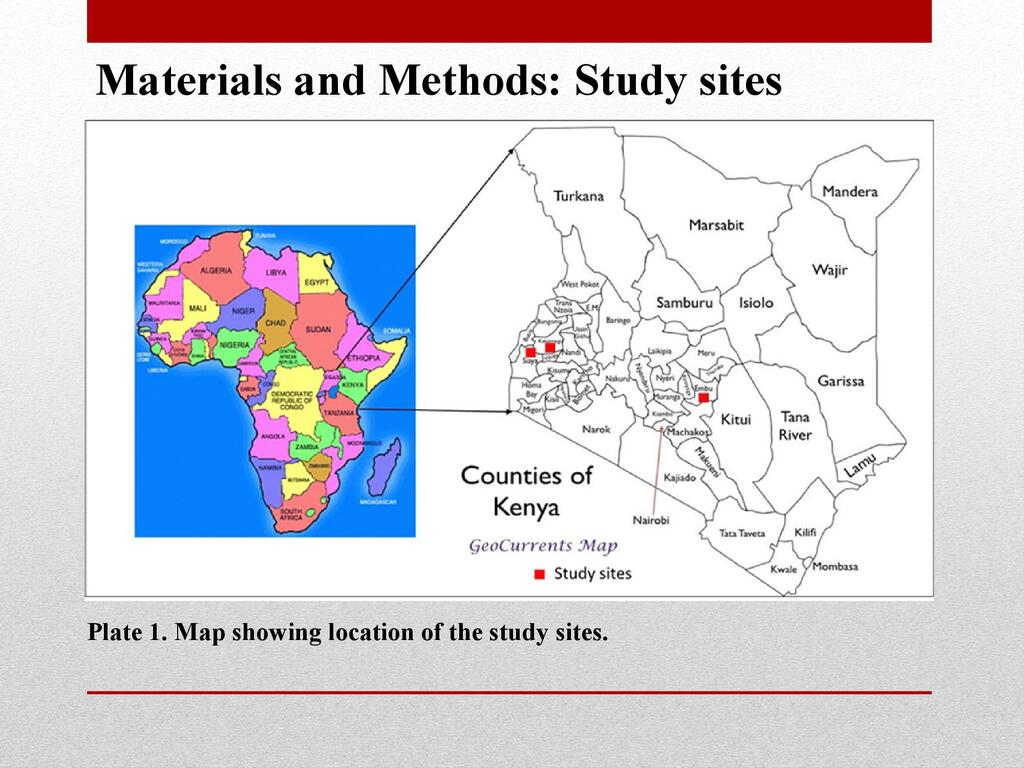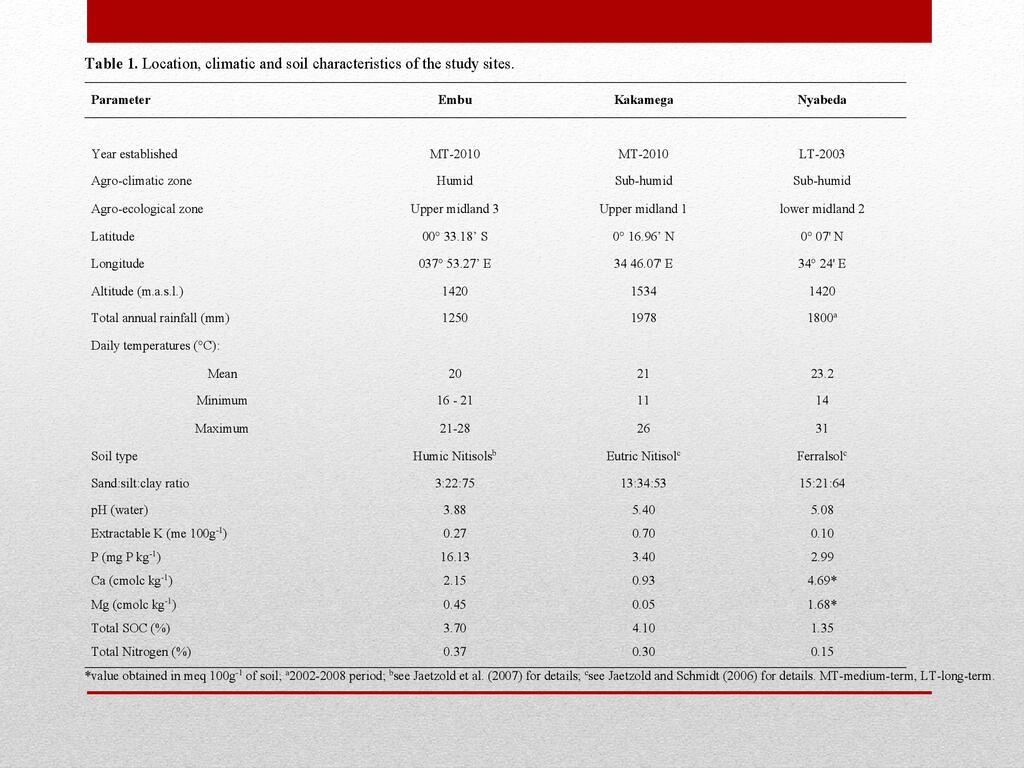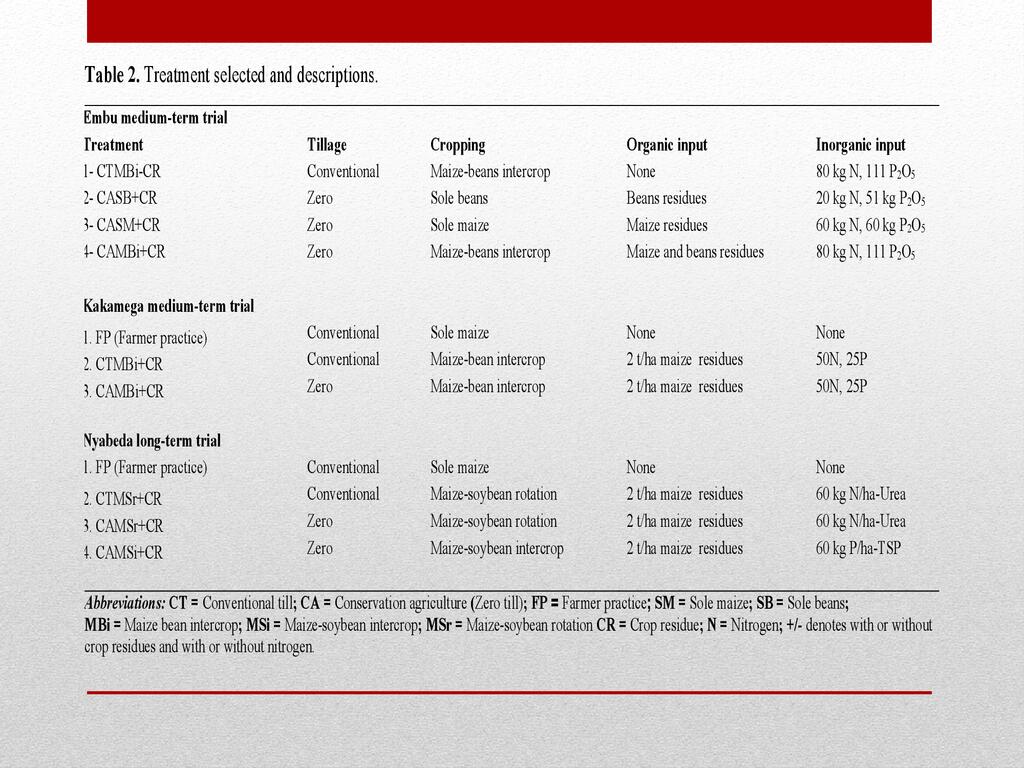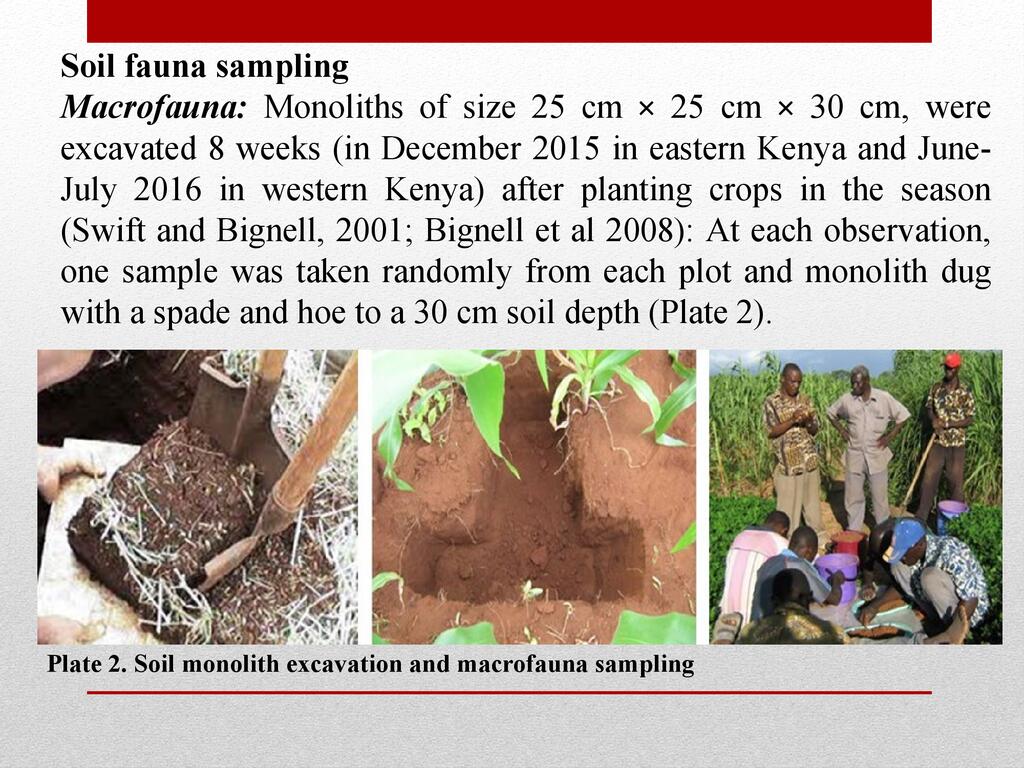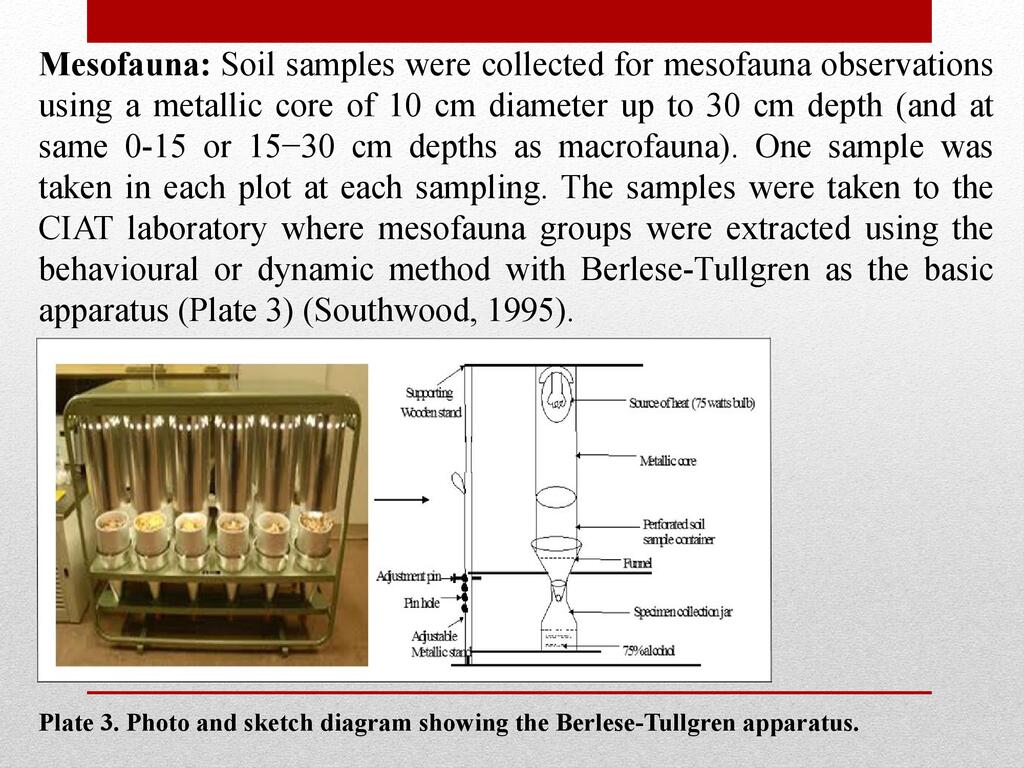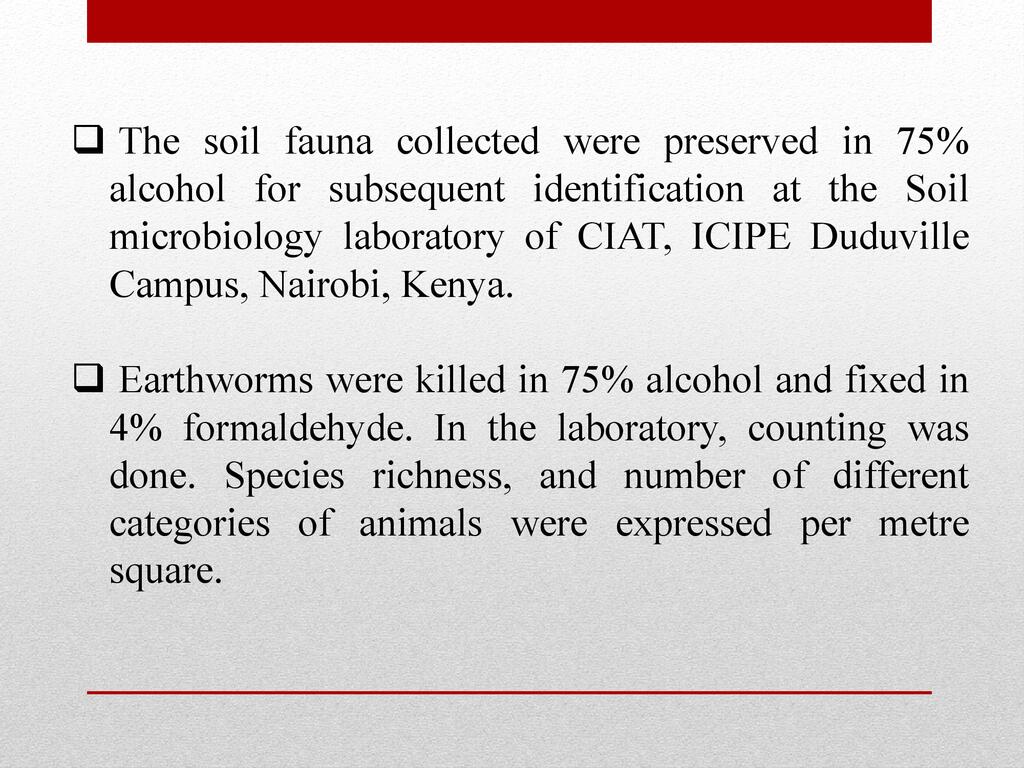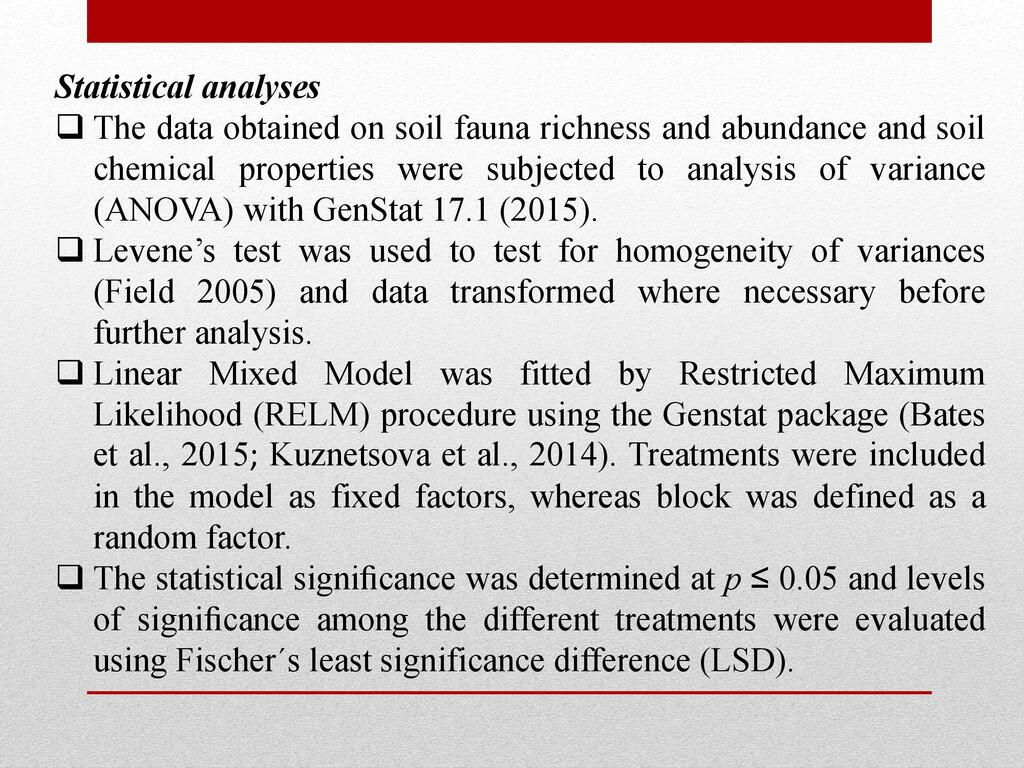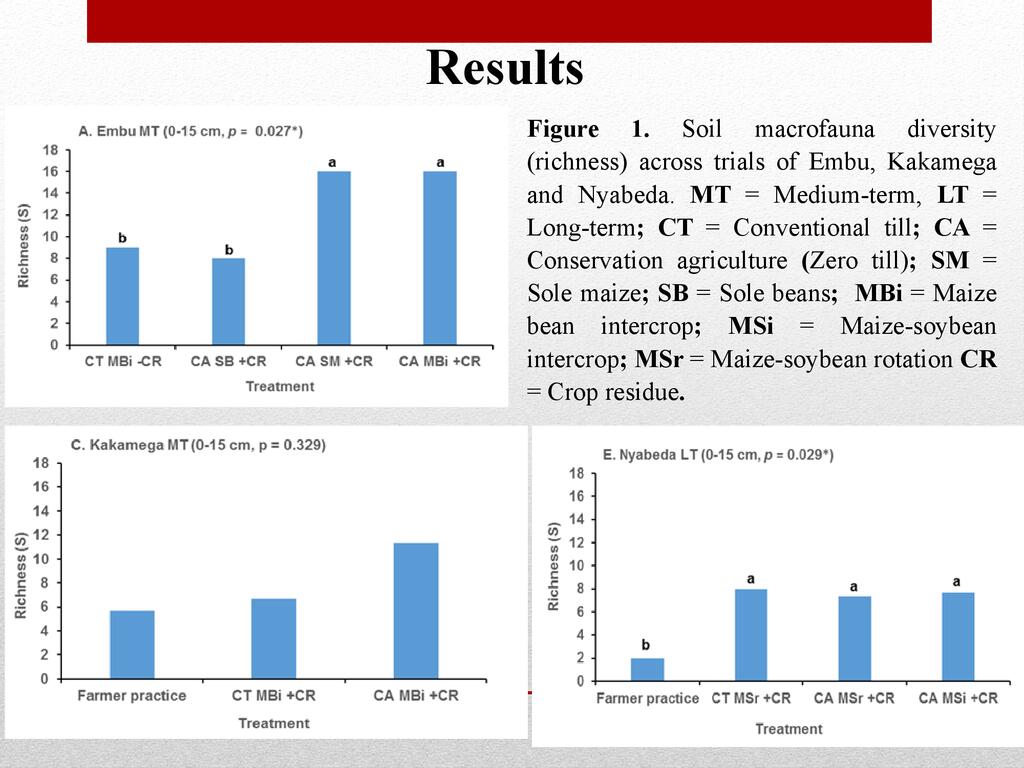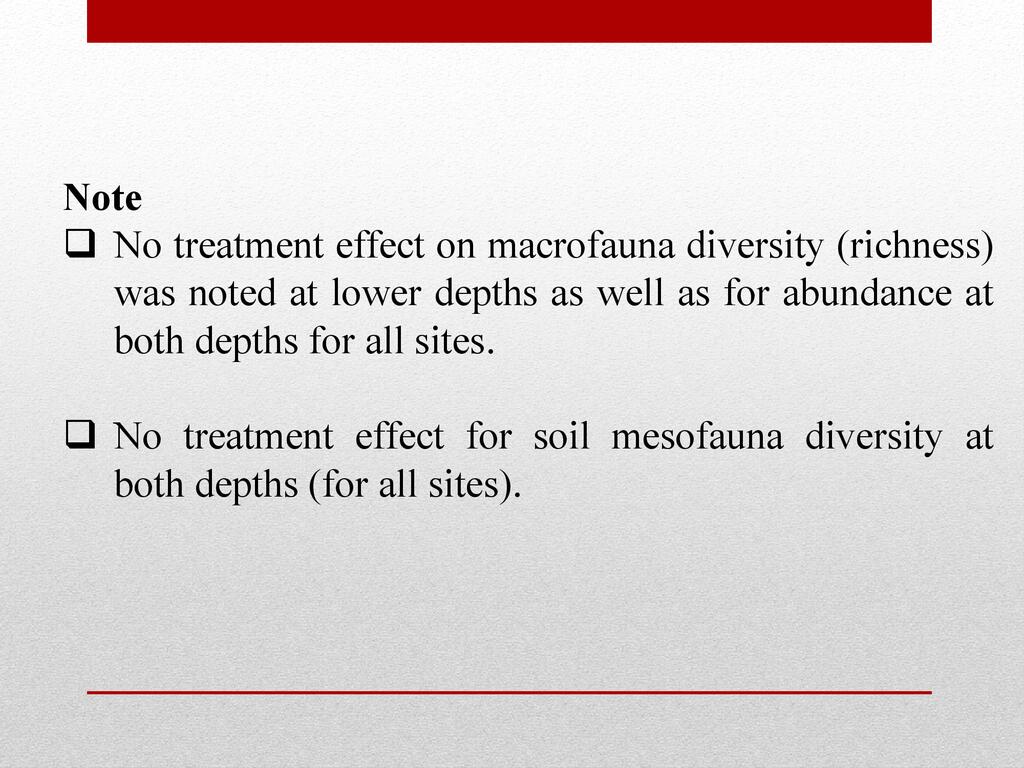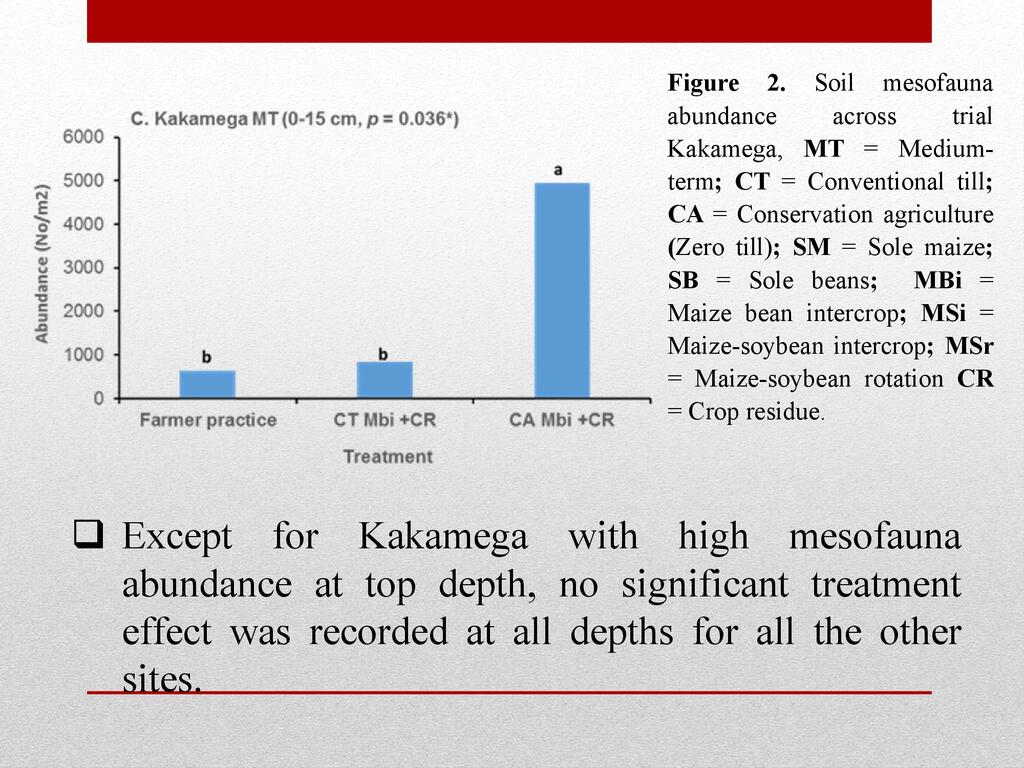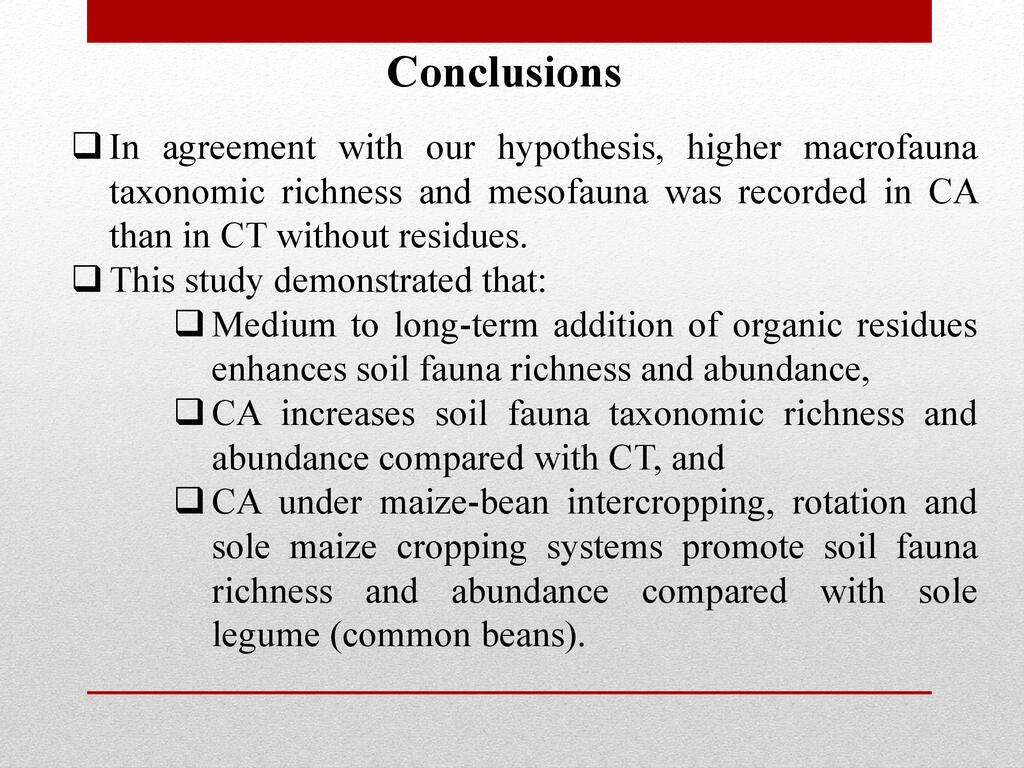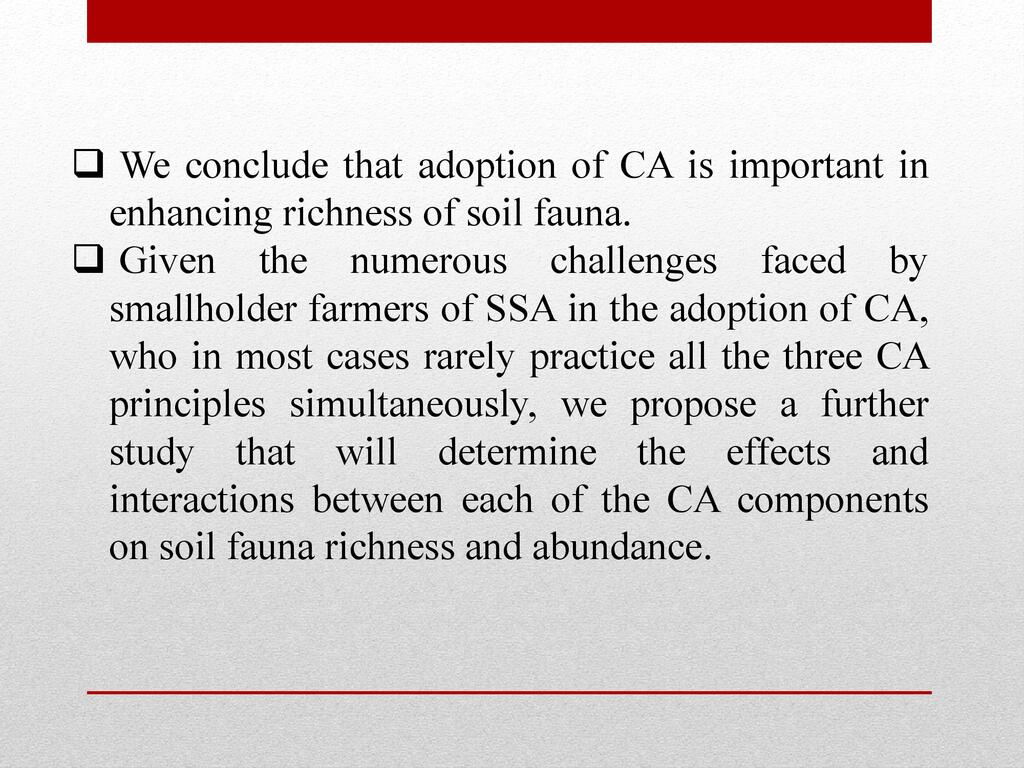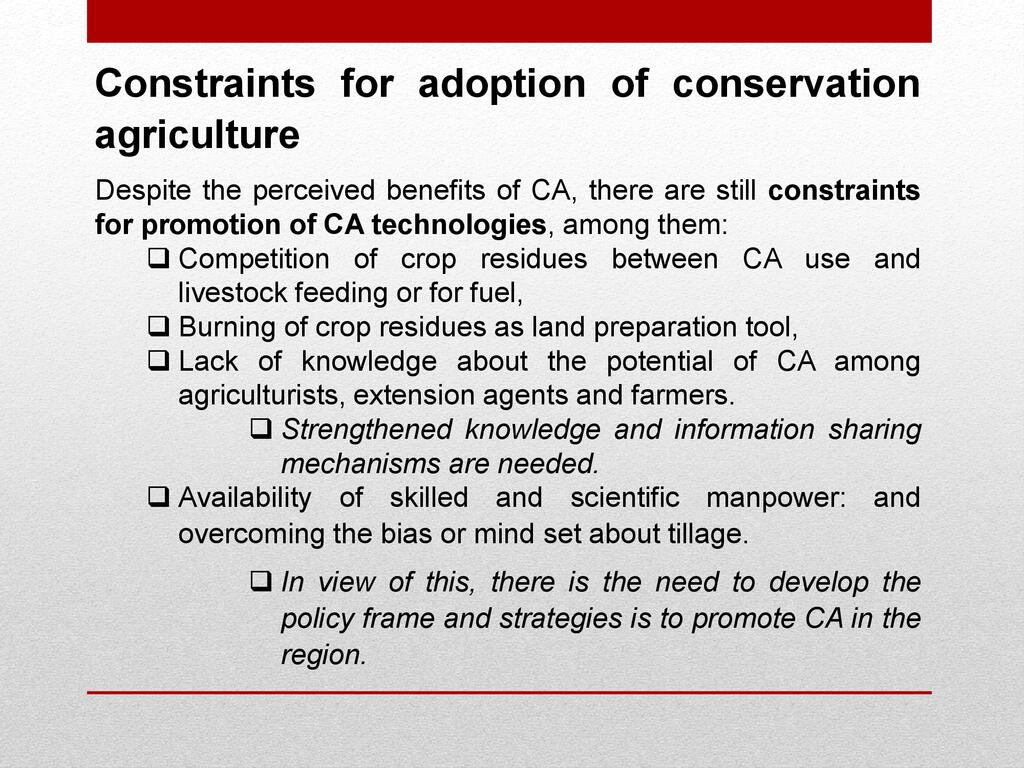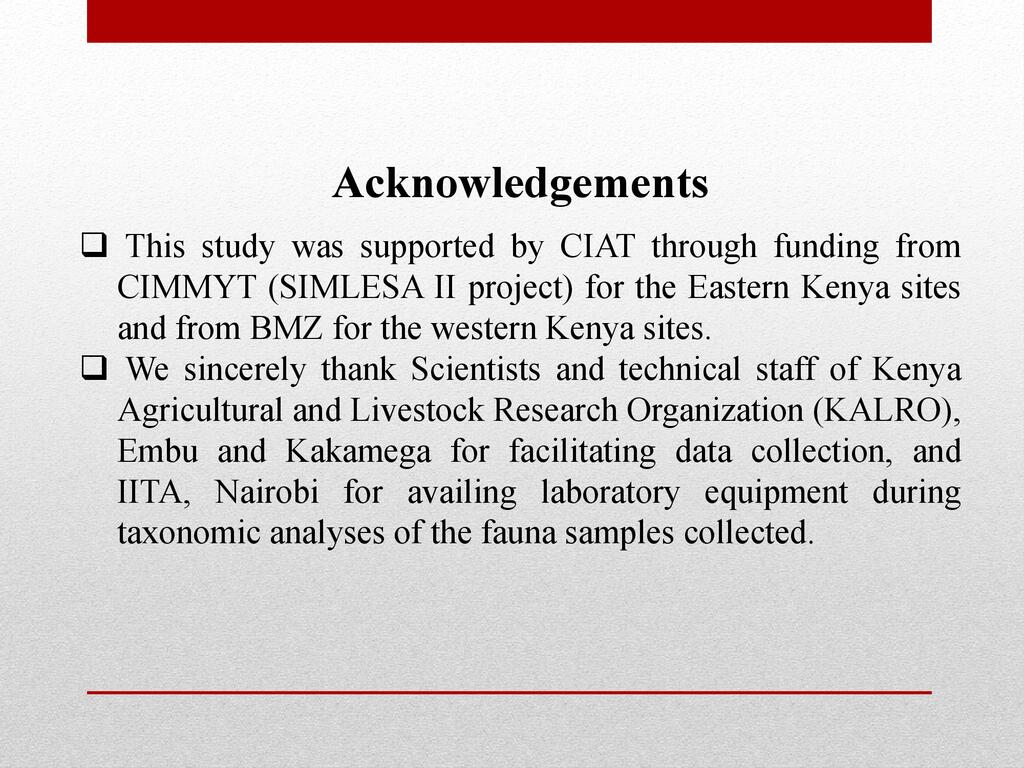ผู้นำเสนอ: Fredrick Ayuke
กิจกรรม: 2019 East Africa Highlands Symposium (26-11-2019)
Session: Conservation agriculture (CA) (zero tillage + organic inputs as surface residue) is believed to improve soil nutrient status, soil structure, control soil erosion, and also enhance soil fauna diversity. Despite the widespread interest in CA, empirical evidence of the benefits of CA on soil fauna diversity is limited, especially in low-input systems of sub-Saharan Africa (SSA). Consequently, the magnitude and effect by CA on soil fauna remains unquantified. The presentation will share results of a study showing higher macrofauna taxonomic richness and mesofauna recorded in CA than in conventional tillage without residues and concludes that adoption of CA is important in enhancing richness of soil fauna.
Fredrick Ayuke is currently the Thread Coordinator for CA & Soil and Water Management at the Rwanda Institute for Conservation Agriculture (RICA). Formerly a Senior Lecturer, Department of Land Resource Management and Agricultural Technology, University of Nairobi, and Consultant with International Centre for Tropical Agriculture (CIAT), his interests include CA, soil biodiversity conservation and associated ecosystem services, soil organic matter dynamics in agro-ecosystems and urban food systems. He serves on the GSBI Scientific Advisory Committee, and is a Lead author with Intergovernmental Panel on Biodiversity and Ecosystem Services (IPBES). His distinguished research involvement includes a UNEP-GEF Project initiative on Below-ground Biodiversity, SIDA funded Lake Victoria Research Initiative as well as work at the Swedish University of Agricultural Sciences, Wageningen, the Netherlands and as a Norman Borlaug Fellow. He has published several journal papers and book chapters in diverse and multi-disciplinary topics.

